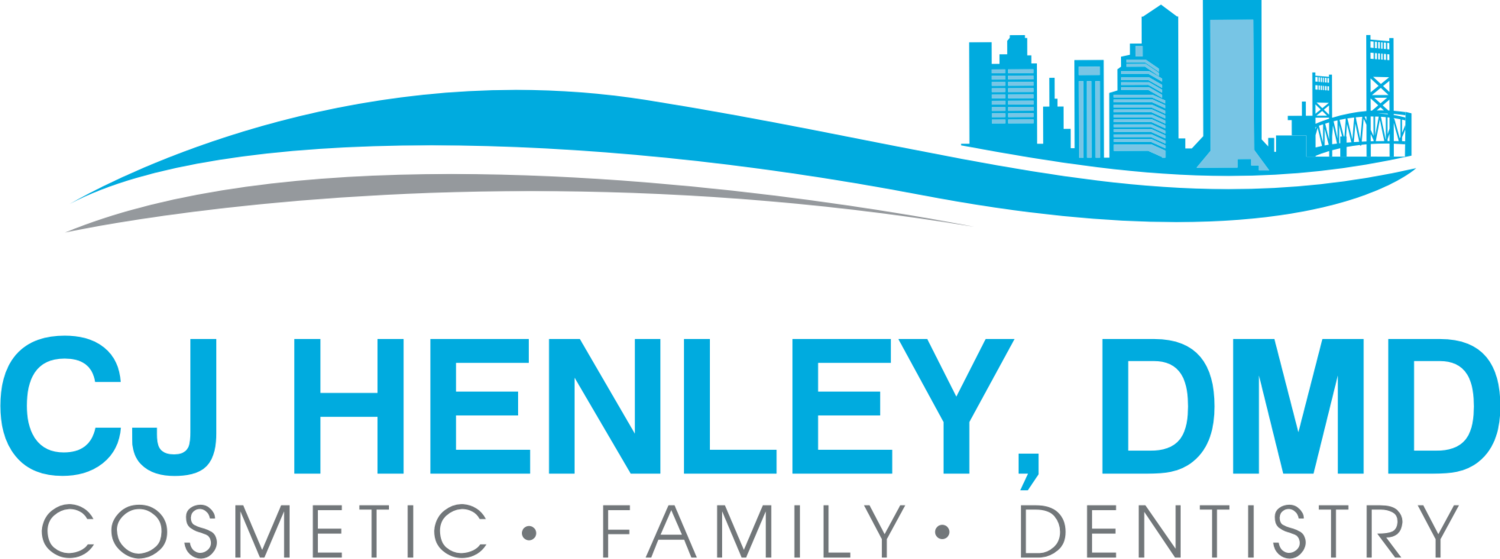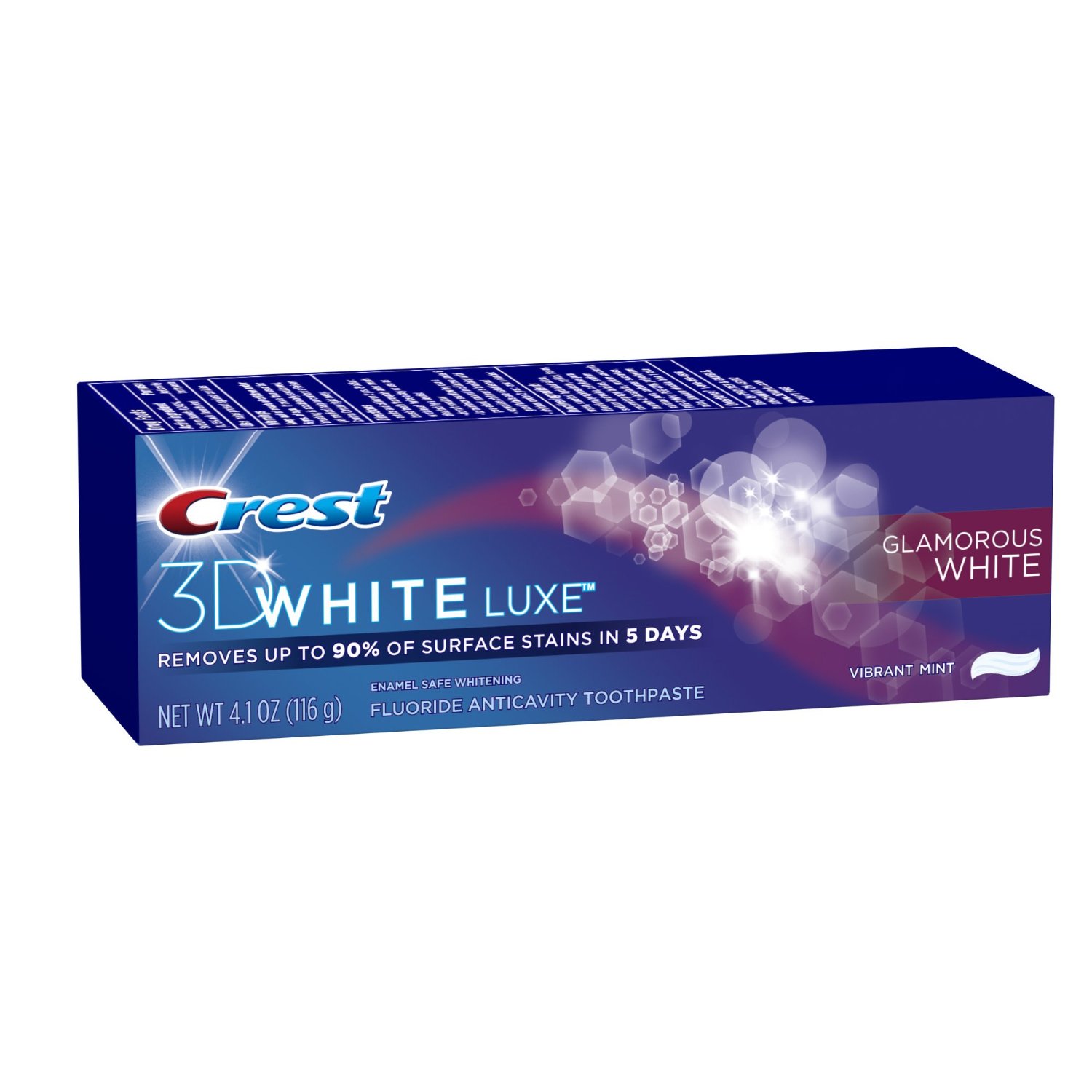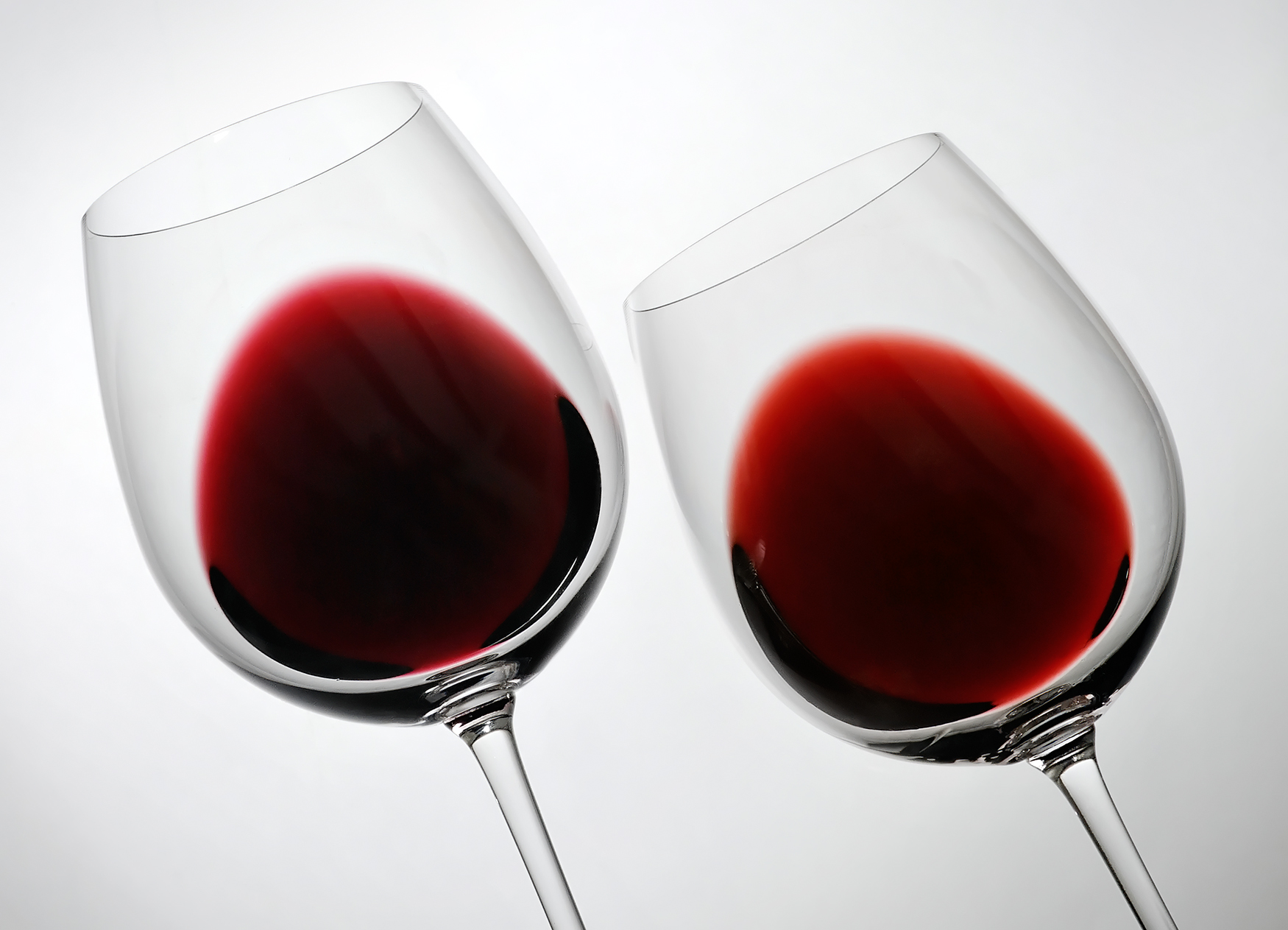What types of whitening agents are there?
According to the American Dental Association (ADA) there are two major categories for tooth whitening “Bleach” which contains the active ingredient carbamide peroxide and whitening toothpastes. Whitening products may be administered by dentists in the dental office, dispensed by dentists for home-use, or purchased over-the-counter (OTC).
Do whitening toothpastes really work?
Source: Crest.com
OTC toothpastes and rinses contain mild abrasives, chemicals, or polishing agents that are effective at removing surface stains, but they don't change the natural color of teeth. Using “whitening” toothpastes too often can cause sensitivity. We encourage patients to limit usage to once or twice a week.
Are whitening kiosks legal?
Simple answer yes. In 2015 the Supreme Court case of the North Carolina Board of Dental Examiners v. Federal Trade Commission found that State Dental boards cannot restrict the use of teeth whitening agents from non-dental professionals. However, most dentists will agree that in order to get the most of of whitening, a proper exam and cleaning should be conducted prior to treatment. Whitening teeth without a doctor’s supervision can make sensitive teeth more sensitive, make some stains stand out more, damage gums, and whitening cannot change the color of crowns or caps.
What’s the difference between OTC bleaching systems and in-office bleaching?
Source: Colgate.com
Strength of bleaching agent. Over-the-counter products and dentist-supervised at-home products usually contain a lower strength bleaching agent.
In-office, professionally applied tooth whitening products contain a much higher concentration of the active ingredient.
We get a lot of questions about if using a light with bleaching is more effective. Lots of other in-office whitening treatments use a light or a laser during the whitening process. You've probably seen commercials for these kinds of teeth whiteners. Or maybe you've even seen kiosks in the mall where they'll use a light to whiten your teeth. Are these lights and lasers really effective, though? The answer is no. Current research shows that hydrogen peroxide alone is effective in whitening teeth, and that light activation adds no additional benefit.
We have had patients have excellent results with many different products. Ultimately, we encourage patients to discuss which whitening system would be best for them with either Dr. Henley or Dr. Kelly.
What else can you do to keep your pearly whites white?
Source: https://en.wikipedia.org/wiki/Oak_(wine)
They may be packed with disease-fighting antioxidants, but a glass of red wine, cranberry juice, or grape juice can stain teeth easily. Likewise, while fruits and veggies with dark color tend to have high nutritional value, foods like blueberries, blackberries, and beets leave their color on teeth as well. Eat up for your health, and prevent tooth stains by either brushing your teeth or rinsing with water after eating something that tends to stain teeth. Lastly, an perhaps most importantly, have your teeth cleaned every at least every 6 months.
It is also important to understand that all whiting systems will require touch up, how often is dependent on how well you take care of your teeth.



